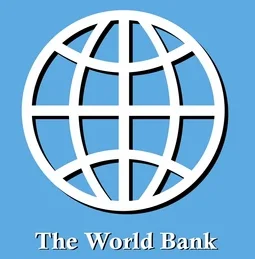By Atoyebi Nike
12 May 2025
Nigeria’s economy recorded its most impressive growth in ten years in 2024, the World Bank said on Monday. The multilateral lender attributed the performance to bold economic reforms implemented by the government and a significant boost in economic activity during the fourth quarter of the year.
Presenting ahead of the release of the Nigeria Development Update in Abuja, the bank’s lead economist for Nigeria, Alex Sienaert, revealed that the country’s GDP grew by 4.6% year-on-year in Q4 2024. Early indicators, he noted, suggest continued expansion into the first quarter of 2025.
Sienaert highlighted that these gains were driven by fiscal improvements, foreign exchange reforms, and policy measures introduced by President Bola Tinubu’s administration—including the removal of petrol subsidies, reduced electricity allowances, and the devaluation of the naira.
Despite the growth, Sienaert cautioned that persistently high inflation continues to pose a significant economic challenge.
As of February 2025, Nigeria’s inflation rate dropped to 23.18%—its lowest level since June 2023—down from 24.48% in January. Food inflation fell to 23.51%, the lowest since September 2022. However, core inflation rose to 24.43%, and monthly consumer prices surged by 3.90% in March, up from 2.04% in February.
The World Bank projects that Nigeria’s economy will grow by 3.6% in 2025. The foreign exchange unification policy has been key to economic stabilization, Sienaert said, noting that official reserves have now exceeded $37 billion.
“That’s significant because this is the cushion the economy has against external volatility,” he stated.
He also praised the government’s revenue gains, which rose by 4.5% of GDP in 2024—credited to improved tax collection, subsidy removals, and increased remittances. This increase helped reduce the fiscal deficit from 5.4% in 2023 to an estimated 3% in 2024.


